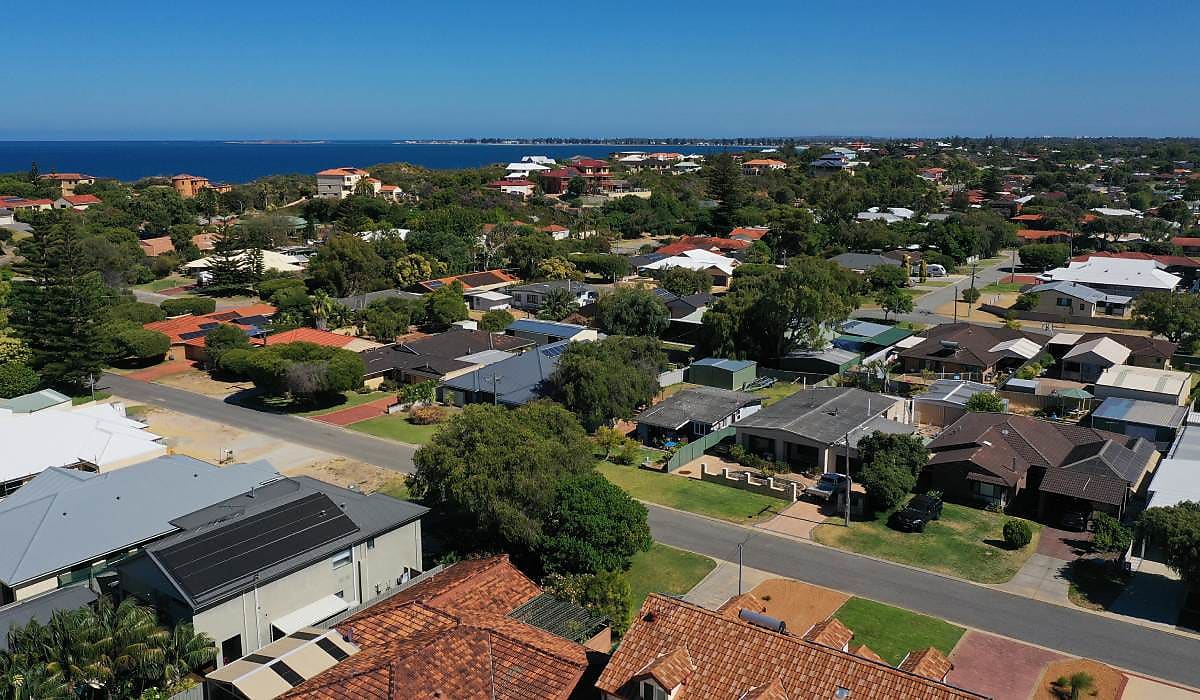Want to snag a WA rental? Beware of the hidden rules
Perth’s rock-bottom vacancy rates have been drawing attention from interstate investors, but easterners must be sure to do their research.

Australia’s west coast has been experiencing a major boom in recent years, with data suggesting that the capital of Perth could be a goldmine for property investors.
In the year to June 2023, a massive 73,000 newcomers set up home in Perth, and the population surge shows no signs of stopping.
By the end of 2023, Perth’s vacancy rate was just 0.7 per cent, leaving the city’s renters scrambling to find a home.
It could be tempting for east coast investors to plunge into the Perth market headfirst, but the Real Estate Institute of Western Australia (REIWA) has warned interstate investors to do their research first.
According to the REIWA Property Management Network Committee, “WA has some of the highest legislative requirements in the country”.
Higher numbers of annual inspections, more detailed property condition reporting and higher fee charges may all be on the cards for Perth-based landlords. While tenants are responsible for paying water usage charges, the REIWA noted that “most property managers will pay it from the property owner’s account initially and then invoice the tenant”.
The high level of legislative requirements around Western Australian rental properties mean investors can also expect to pay for initial upgrades before leasing it out. They are required to repair or replace “anything that is broken or doesn’t work”, and also ensure that the property “meets rental standards for security and blind cords”.
The REIWA advised prospective investors to request an electrical safety certificate as part of the offer contract, in order to ensure that smoke alarms and Residual Current Devices (RCDs) are in compliance with state standards.
Importantly, the Western Australian government recently reviewed an amendment to the Residential Tenancies Act (1987), and a number of new legislative changes are expected to come into effect later this year.
Changes will include a ban on rent bidding, limiting rent hikes to once a year, and easing of restrictions on pets in rental properties.
Finally, the REIWA recommended that investors broaden their horizons when selecting a property, in order to best attract a wide pool of Western Australian tenants.
“Due to the ongoing low vacancy rate and rising cost of living and rent prices, more tenants are now looking at sharehouse-type arrangements,” the REIWA stated.
They also advised landlords to consider permitting tenants to keep pets, noting that disallowing pets “rules out a large part of the tenancy pool”.
“You may not think that matters now while demand is so strong, but when the market changes you will want to appeal to as many tenants as possible,” the REIWA concluded.

